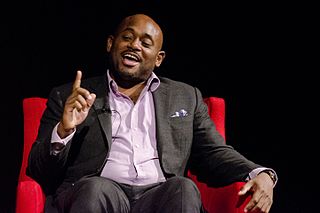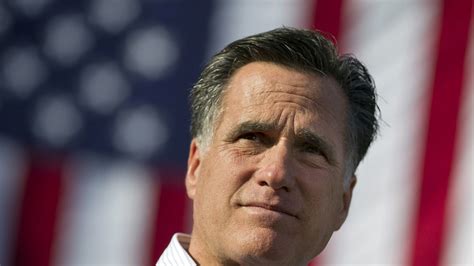A Quote by Hasan Minhaj
I'm a first-generation kid in this country. I so identify with America and its culture. I'm a citizen, I was born here. I'm American. At the same time, like most first-generation kids, I have this other identity to another country back home, which is India.
Related Quotes
Today's children are living a childhood of firsts. They are the first daycare generation; the first truly multicultural generation; the first generation to grow up in the electronic bubble, the environment defined by computers and new forms of television; the first post-sexual revolution generation; the first generation for which nature is more abstraction than reality; the first generation to grow up in new kinds of dispersed, deconcentrated cities, not quite urban, rural, or suburban.
Everybody talks about the entitlement generation. There is no time I'd rather live in than now, and there is no generation I would more entrust the future of this country to than this one. There is a tendency to live in a nostalgic state in this country, and to think that other generations possessed an integrity and a tenacity greater than the generation that is now. I wholeheartedly disagree with that. I believe that this is a group that will rise up to any challenge that comes before them as well as any other generation in America would have done.
When you're first-generation money, you want to say, "I got a Mercedes and a Rolls and a Lamborghini. Take a look." When you're second-generation money, you're very quiet behind your country club doors. I think that's why people are much more aware. It's the first-generation wives that have the huge rings and the second-generation says, "Everyone be quiet as we get on our yacht or our private plane."
I was born in Okinawa, but on a U.S. Army base. And my father is Japanese-American which means that he is second generation, but my mom was born in the Philippines and raised in Okinawa. So, how do you know where you are generationally from? I can claim all three legitimately, but I like to say that I am third generation American.
Hillary Clinton was the first professional First Lady, the first feminist First Lady, the first First Lady from the '60s generation, the first First Lady who was the breadwinner in the family. A lot of America liked and admired that. Some other parts of America found that unappetizing and even kind of threatening. So she became a flashpoint simply for who she was.


































